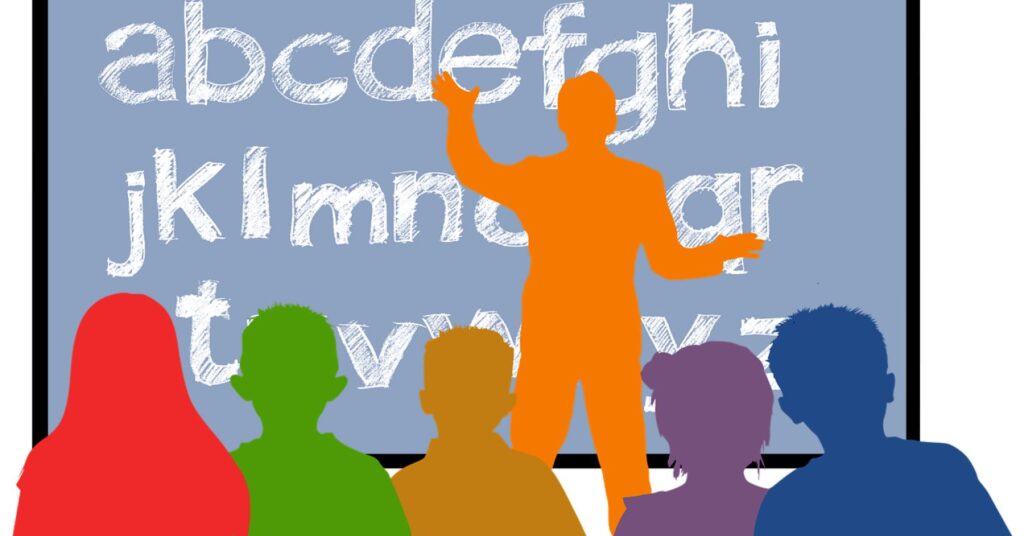Last night, the Scripps National Spelling Bee crowned 13-year-old Faizan Zaki from Plano, Texas as the 2025 champion. Faizan, whose parents immigrated from India, continues a trend where 30 out of the last 36 champions have been Indian Americans.
The success of Indian American children in spelling bees has been remarkable over the years. In 2018, nearly half of the 41 Scripps finalists were Indian Americans. In 2019, eight participants, most of them 13 years old, displayed exceptional spelling skills, leading to a draw and the declaration of eight co-champions, seven of whom were Indian Americans.
Several factors contribute to the consistent success of Indian American students in spelling competitions. Marya Hannun suggests that the Indian education system, which emphasizes rote learning, plays a significant role. Additionally, the North South Foundation, which organizes spelling competitions for young Indian Americans, has been instrumental in honing their skills.
Indian American students also excel in other academic competitions, showcasing their intellectual prowess. From perfect SAT scores to winning prestigious science fairs, Indian American students have consistently demonstrated their academic acumen.
Cultural beliefs regarding intelligence also play a crucial role in the success of Indian American students. While North Americans tend to have a fixed view of intelligence, Indian Americans are more likely to believe in the malleability of intelligence. This incremental perspective motivates them to work harder and persevere in the face of challenges.
The belief in the changeability of intelligence drives Indian American youth to strive for excellence in academic competitions. Their conviction that hard work leads to improvement has been a key factor in their dominance of the Scripps National Spelling Bee and other academic endeavors.

